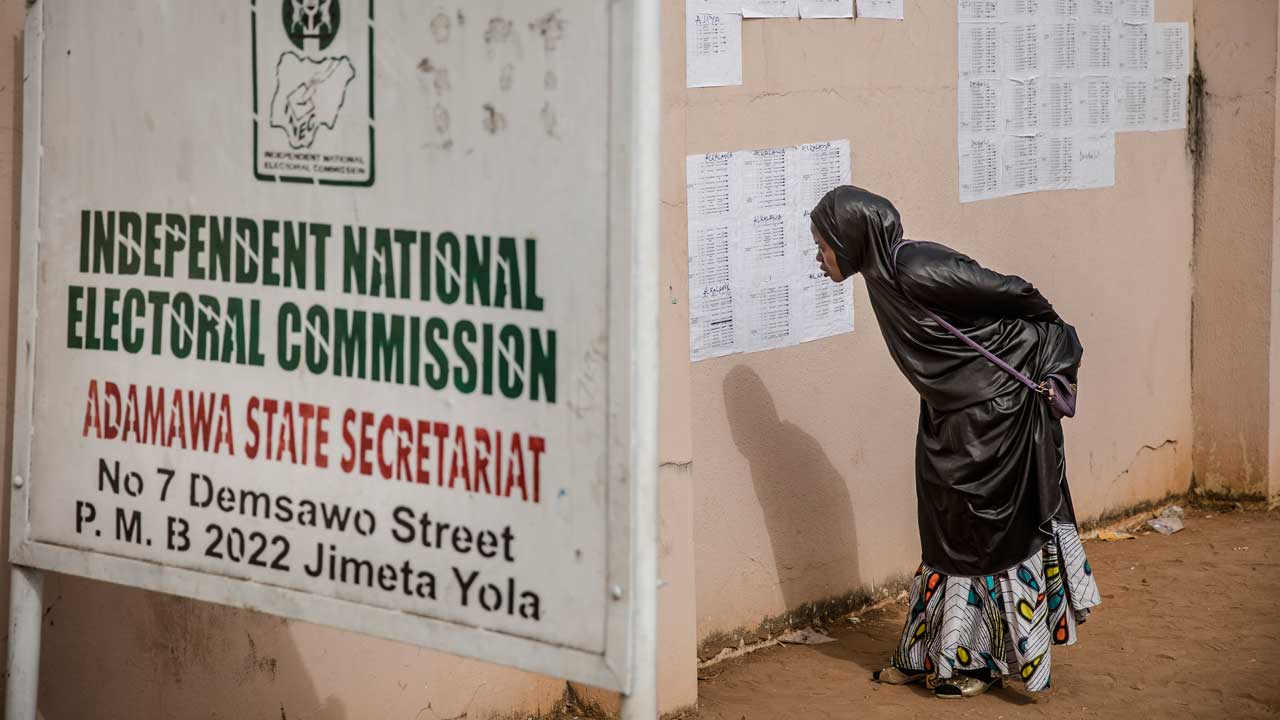
Nigerians have evidently recovered and are back on their feet after INEC earthquake sent shock waves sweeping through the length and breadth of our country. The earthquake occurred unbelievably in the wee hours of Saturday when most Nigerians would be expected to be fast asleep. All went to bed confidently looking forwardå to heading for the polling booth nearest to him the following morning to cast his vote. As is in character with a bombshell of this nature, text messages, WhatsApp, twitter, Facebook—all in the family of modern communication gadgets of our times were fully engaged. Messages started flooding and clogging platforms with the customary question: Have you heard? And the retort: Heard what? The reply rushed in in piercing un-equivocation: ‘The election is postponed!’
INEC desirous of proving to the whole world its independence did not put the President in the picture. Buhari did not know about the postponement until about 4.25am just about 5hrs away from the polls. That cannot be said to be right and good enough on a situation of that nature and magnitude because it was a national disaster. PMB bears vicarious responsibility for the botched election at the end of the day and would have been held responsible if the consequences of the postponement had gone out of hand. Such postponement would have left India or Kenya boiling, both countries politically volatile. The same can be said of Pakistan.
The postponement was truly an embarrassment, and it was so clearly written on the face of the commission’s chair himself. It came with humongous social and economic costs. Health managers would say psychological consequences or blood pressure fallout could not be ruled out. It was as if we were reinventing the wheel: Nigeria had not held an election before. Logistics and weather reasons adduced are ridiculous. There was enough time to test run, to do a mock exercise and get every area of the exercise right. Meteorologists would tell us laymen and whoever may care to listen that the peak of harmattan haze and sand dunes in the North and the savannah belt is December ending, until February and will start to ease only in the third week of March, more so farther South when the sun returning to the Equator forces atmospheric reconfiguration aided by moisture-laden winds it may have awakened to activity in its trail.
It is gratifying that a renewed assurance is coming from INEC chairman Professor Mahmoud. He has taken the right step with the decision to brief the press daily. In the process there would be an exchange of ideas especially if those coming from the media are fairly senior.
In future when the commission is reconstituted there should be infusion of more civil servants to work in the background. It is in the civil service you find an unbelievable pool of experienced administrative officers. What may have caused last Saturday’s failure was not so much incompetence as lack of sufficient experience.
Nigerians are determined that this time the election must not be botched again. There are bus owners under the signs of #BusesForDemocracy who are bringing out their buses to assist voters, presumably at reduced fares. The buses will convey them back on Sunday after their voting. Aero and Arik are flying voters specially as well to places to facilitate voting.
This goes to show how serious Nigerians regard this election.
[ad unit=2]



